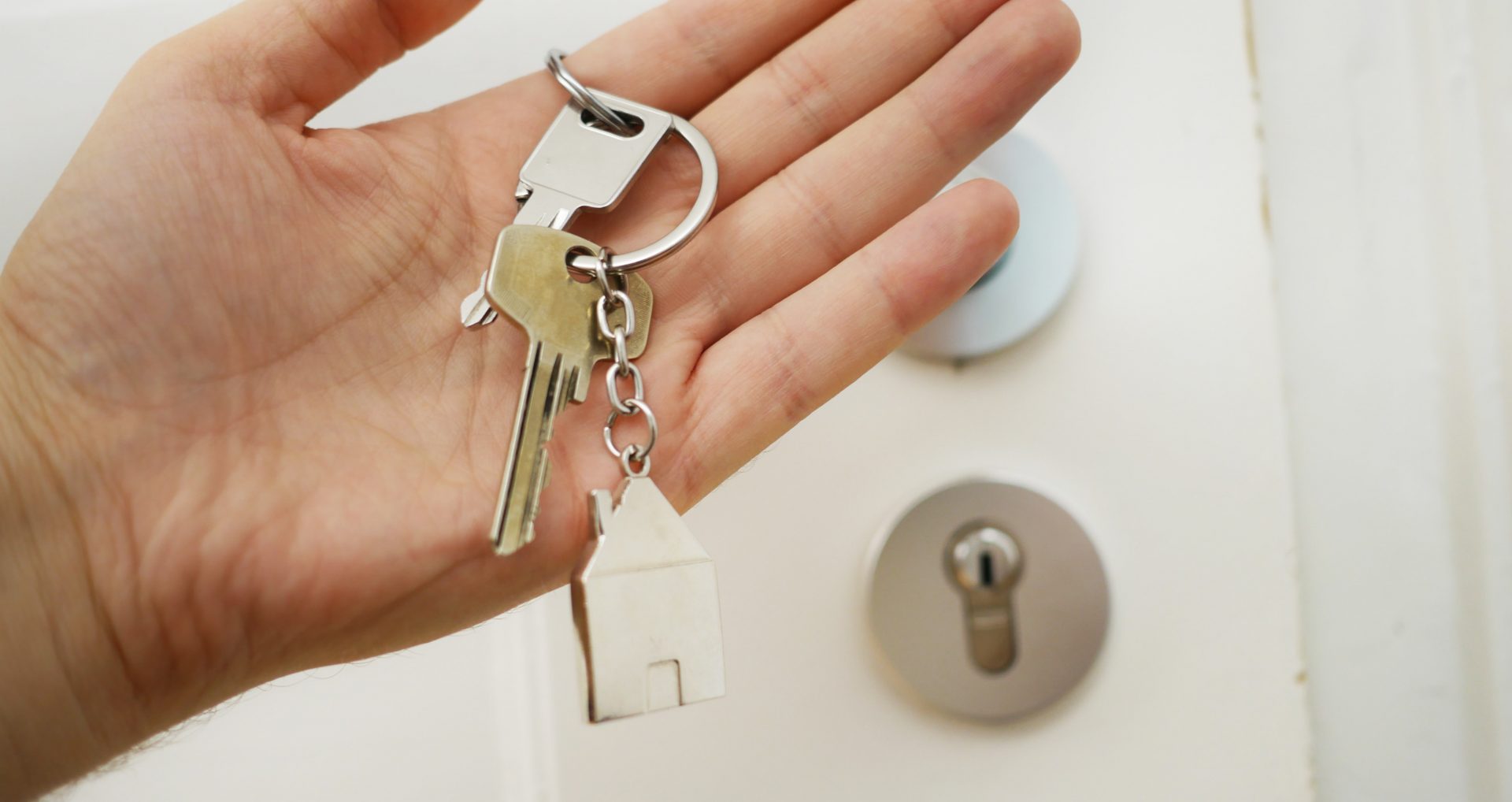
Congratulations on purchasing your first buy to let property. This is a great investment and as long as your rent covers the mortgage on your buy-to-let property, you could make a healthy return on your investment. If you have paid for the property in cash, you are making a clear profit each month minus any insurance or maintenance fees. If you have purchased the property to rent, there is a lot to consider. If this is your first investment property, here are a few points to think about as you begin this exciting journey.
It’s your decision on what you want to do with the property to achieve your goals. Do you want to get monthly income from the property? Will it be a holiday rental? Or do you want to renovate and improve it to resell? Think about how this property will help you reach your short and long-term goals.
By obtaining your first investment property, you have made the decision to boost your monthly income as well as investing your money for long-term gain. With the property values being so high right now, you will have to spend more money on the property upfront, but this means you can charge more rent too. But first, you need someone to rent it.
The ideal tenant pays their rent on time. But income aside, you need to think about who your ideal tenants are and how you are going to attract them.
Where your property is located will also affect the tenants you attract. For example, if you want to rent to students it needs to be close to a University with good transport links, or if you would prefer a family think about where the nearest schools are and research local crimes rates.
Tip: Right to Rent legislation means that landlords can check that tenants can legally rent their residential property. You can find out more here.
Like many things in a post-covid world, finding tenants can be done virtually. If you don’t have the time to be the main point of contact for your tenants or do not want to handle the tenant side of things yourself, you can hire a letting agent. For a monthly fee (usually a percentage of your rent), they will speed up the process of getting a tenant. They will also deal with any issues directly so you can enjoy the benefits of rental income without the added commitment. You need to choose a reputable agent in your local area with good reviews and a positive reputation.
It’s obvious that you are required to keep the home in a safe condition and ensure utilities and appliances are in good working order. But becoming a landlord is much more than keeping a home in good condition. You have legal obligations, regulations, and guidelines that you need to adhere to.
Here are some of the main points you should know:
For your peace of mind, you should protect yourself with landlord insurance.
There are always risks attached to buy to let properties and insurance will help protect you.
As soon as your property is rented, you need landlord insurance. It will protect you from situations that standard home insurance will not cover. This includes loss of rent, contract disputes, legal expenses, squatter issues, and accidental damage. Direct Line has 5-star Defaqto rated landlord insurance, but there are other providers out there.
We hope this brief overview has helped you gain a better understanding of how to move forward with your first buy to let property. We appreciate that all this information can be overwhelming, especially if it’s your first property.
Get in touch with us if you need any further guidance or clarity. Prosperity Wealth is here to support you on your buy-to-let adventure. View our current developments.
It depends on your goals and financial situation. Owning a rental property can bring in extra income, but it also comes with costs and responsibilities. Some lenders have stricter rules for first-time buyers looking to invest, so it’s worth doing your research.
At Prosperity Wealth, we help investors with these decisions, from finding the right mortgage to planning for long-term return on investment. Getting advice can make the process smoother and help you make the most of your investment, as well as avoid the pitfalls first time investors make.
The amount needed varies based on property prices, deposit requirements and other costs like stamp duty, legal fees and potential refurbishments.
Yes, buy-to-let properties are subject to an extra stamp duty charge, even if it’s your first purchase. The additional rate applies on top of standard stamp duty costs, so it’s worth factoring this in when budgeting.
Not always, but it’s common. Some lenders accept lower deposits, though this usually means higher interest rates. A larger deposit can give access to better mortgage deals and lower monthly repayments.
Here at Prosperity Wealth, we offer a deposit payment plan which allows investors to build their deposit gradually, making property investment more accessible.
Yes, but there are some things to consider. If you need a mortgage, a standard residential loan won’t allow renting it out, so you’d need a buy-to-let mortgage. Lenders may have extra conditions, especially if you’ve never owned a home before. Checking different options can help and we recommend seeking professional advice.
For more information on a buy-to-let for your first property and how Prosperity Wealth can help, call +44 (0) 121 237 4610, get in touch or email us on [email protected].
View our current developments here.